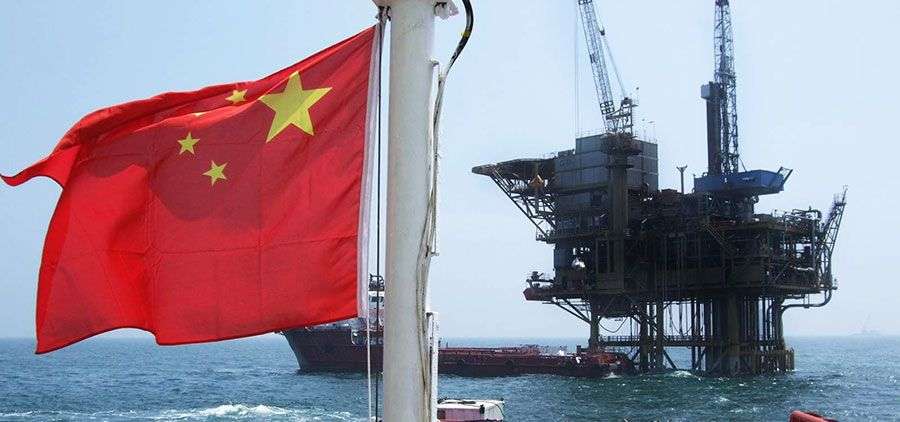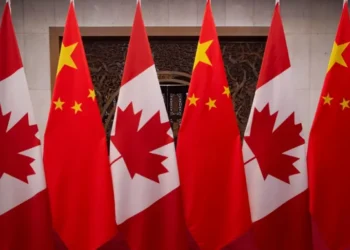China’s ruling Communist Party has vowed to build a modern industrial system and make more efforts to achieve technology self-reliance.
It would focus on bolstering self-reliance in science and technology in the face of “profound and complex” changes and rising “uncertainty.”
The Communist Party made this pledge in a statement released on the last day of a four-day closed-door meeting of the 300-plus member body in Beijing known as the Fourth Plenum, which also discussed a forthcoming five-year economic development plan.
The Party’s Central Committee also promised more efforts to expand domestic demand and improve people’s livelihoods; long-standing goals that in recent years have been little more than an afterthought as China prioritized manufacturing and investment
“The country will be in a period (2026-2030) where strategic opportunities coexist with risks and challenges, and there will be an increase in uncertain and unpredictable factors.
“We should maintain a reasonable proportion of the manufacturing sector and establish a modern industrial system with advanced manufacturing as its backbone.”
China’s Communist Party
The communique said that Beijing will strive to improve people’s welfare and the social security system, but did not provide details on how Beijing intends to achieve that or where the funds would come from.
China Replaces Vice Chair of Central Military Commission
China also announced a replacement for the position of its second-highest-ranking General, as the Communist Party concluded the fourth plenum.
The Communist Party’s Central Committee elevated Zhang Shengmin to Vice Chair of the Central Military Commission (CMC) after his predecessor was expelled earlier from the Communist Party.
Zhang replaces He Weidong, the former second-ranked Vice Chair who was expelled from the Communist Party on Friday on corruption charges along with eight other People’s Liberation Army generals.
Zhang is already a member of the Central Military Commission and holds the rank of general in the People’s Liberation Army’s Rocket Force.
Zhang Shengmin, 67, serves as Secretary of the CMC’s Commission for Discipline Inspection, overseeing anti-corruption efforts within China’s armed forces.
He served in a group army in the western province of Shaanxi for many years. From 2004 to 2015, he worked within China’s nuclear forces, the Second Artillery Corps – the former name of the Rocket Force as Director of the Political Department, a key position overseeing ideological and personnel affairs.
Subsequently, he worked in the CMC’s Training and Administration Department and Logistics Support Department until being promoted to the CMC in 2017. There, he has been serving as the PLA’s anti-corruption chief till now.
The CMC is chaired by Chinese leader, Xi Jinping, with Zhang Youxia serving as another Vice Chairman. This term of the CMC commenced in 2022 and originally comprised seven members, but just four remain.
Zhang’s promotion came as the Party’s elite Central Committee released a statement announcing the replacement of 11 members, marking its highest personnel turnover since 2017 amid an ongoing military anti-corruption purge.
The statement also announced that Lieutenant General Zhang Fengzhong, an alternate member of the 20th Central Committee, had been expelled from the party.
He has served as Director of the Political Work Department of the Rocket Force, China’s nuclear arsenal overseer, since 2023, where he was responsible for personnel and ideological work within the Rocket Force. Zhang Fengzhong joined the PLA in 1984 and spent nearly his entire career in artillery and missile forces.
The Rocket Force has been among the worst hit divisions in the PLA’s anti-graft drive in recent years, with multiple generals probed. Among them were three incumbent and former rocket force commanders: Li Yuchao, Zhou Yaning and Wei Fenghe.























